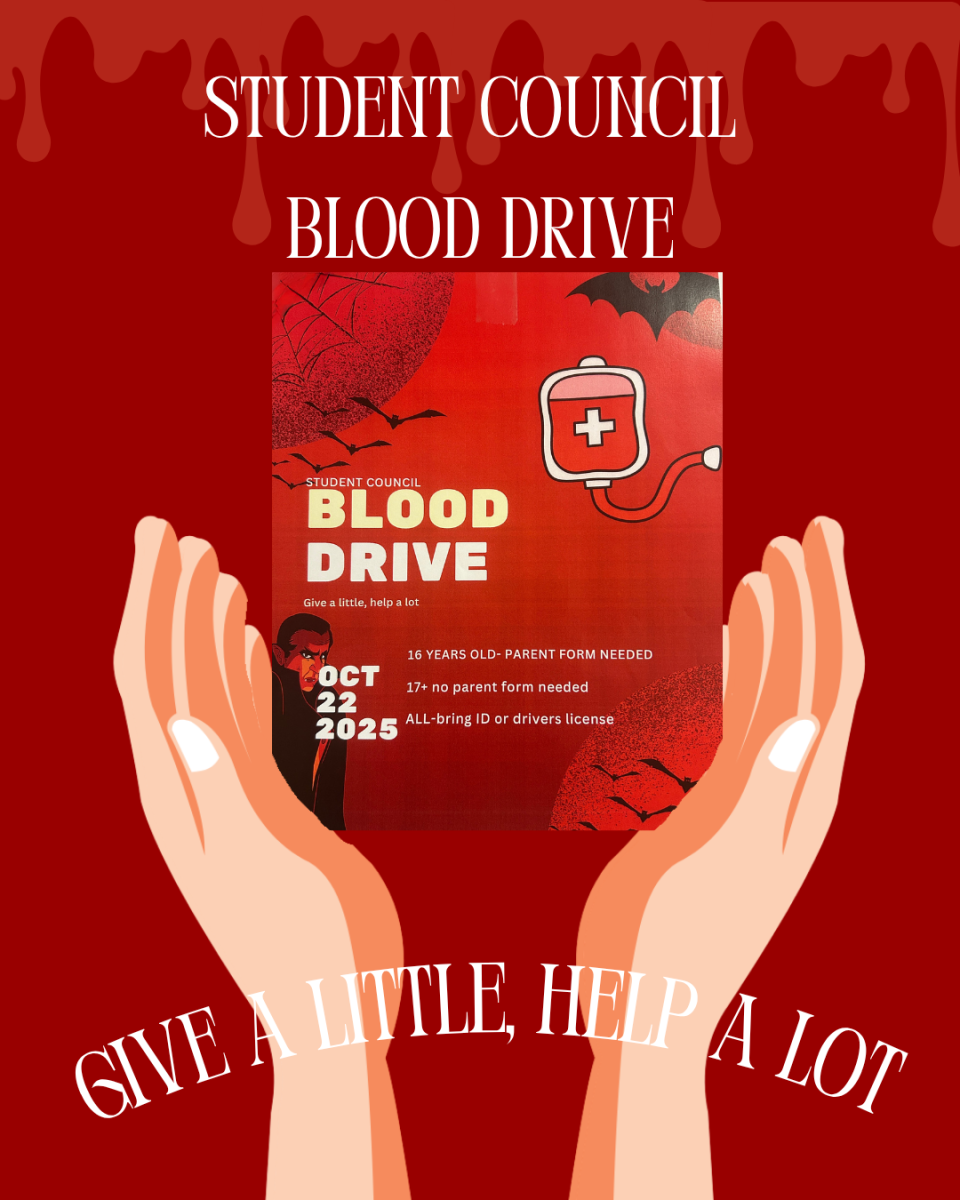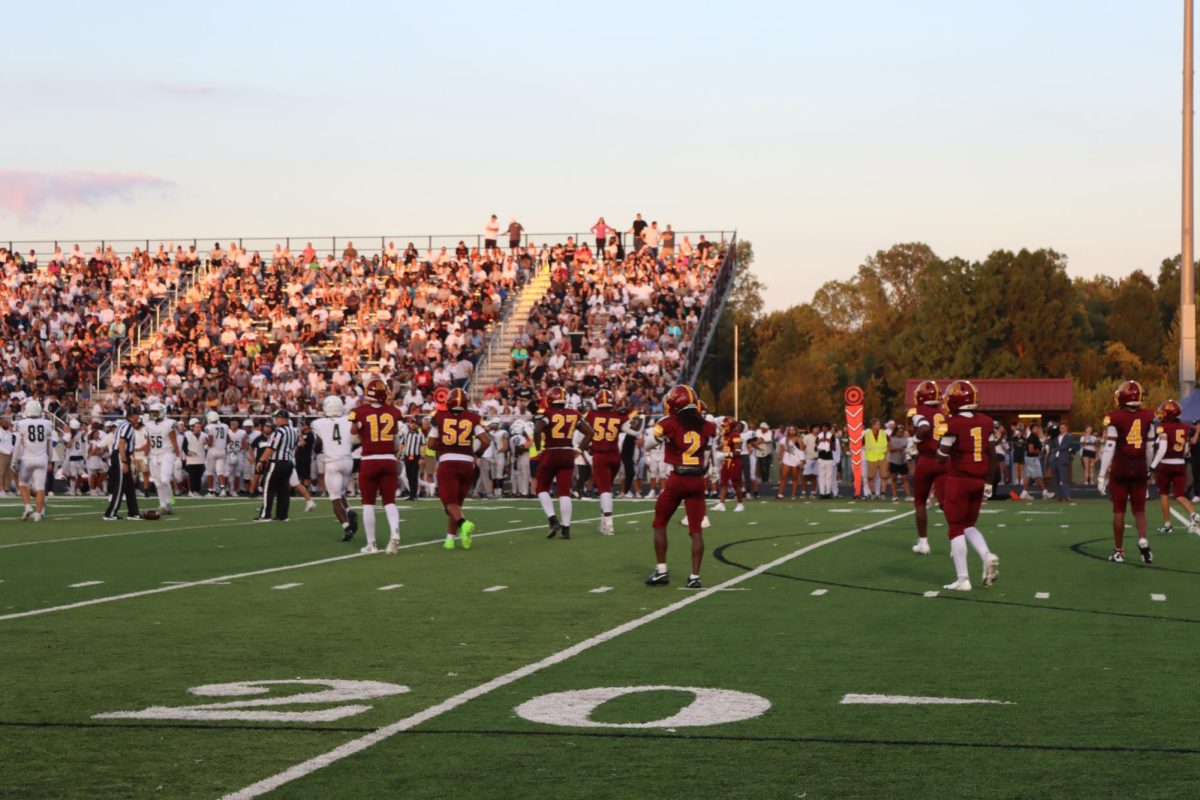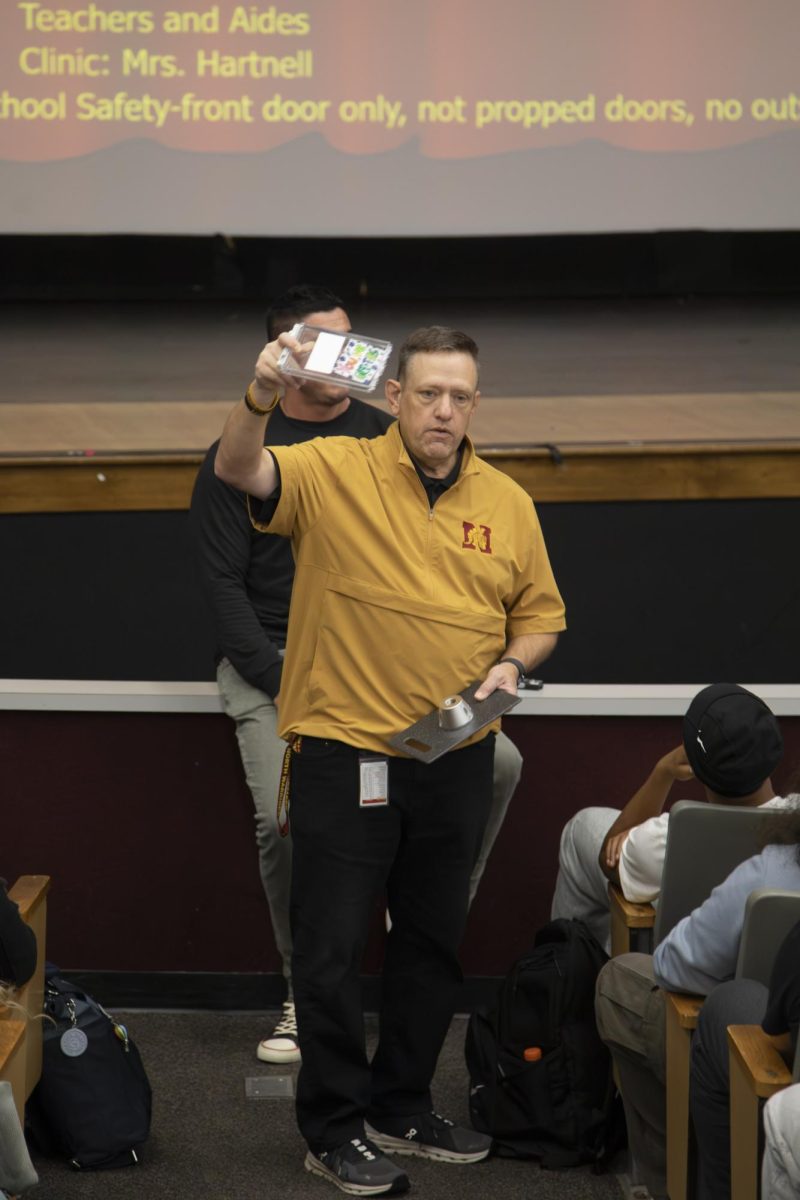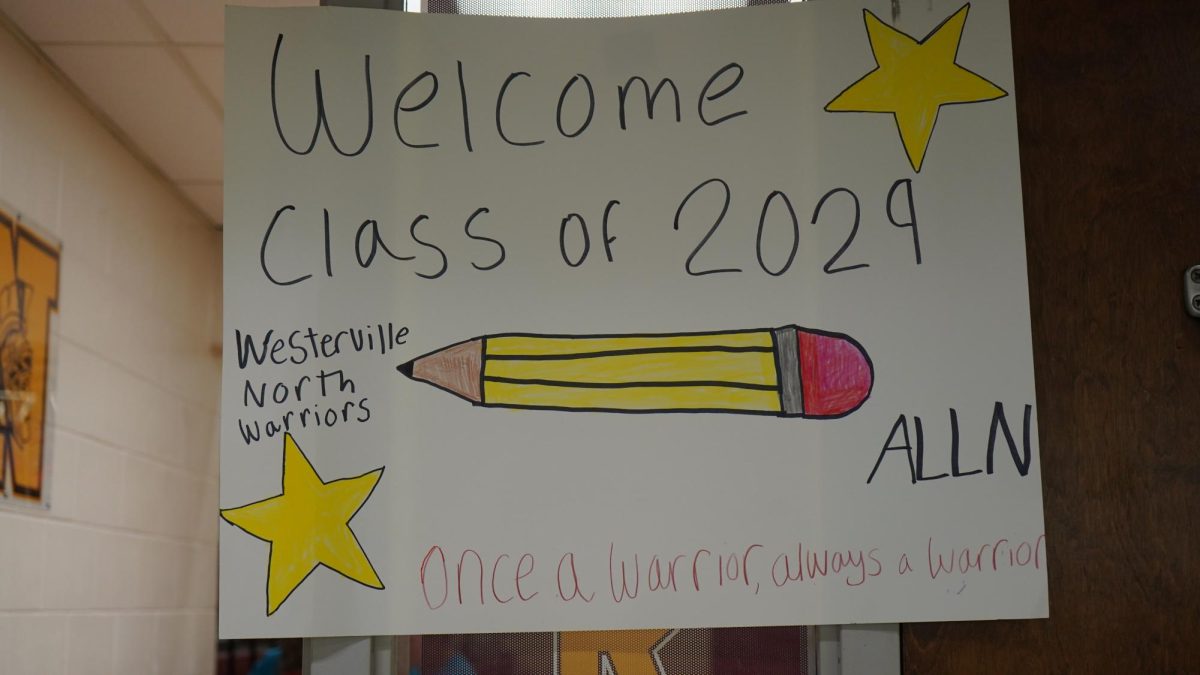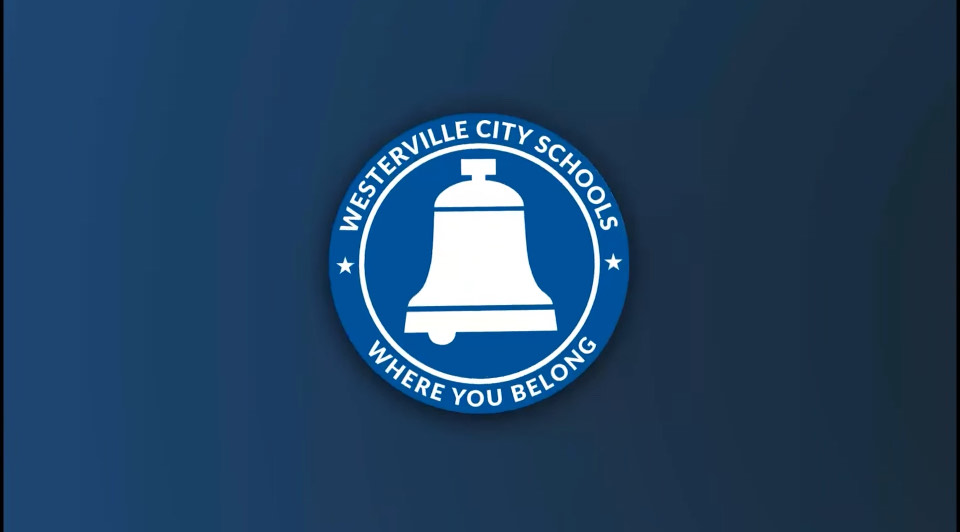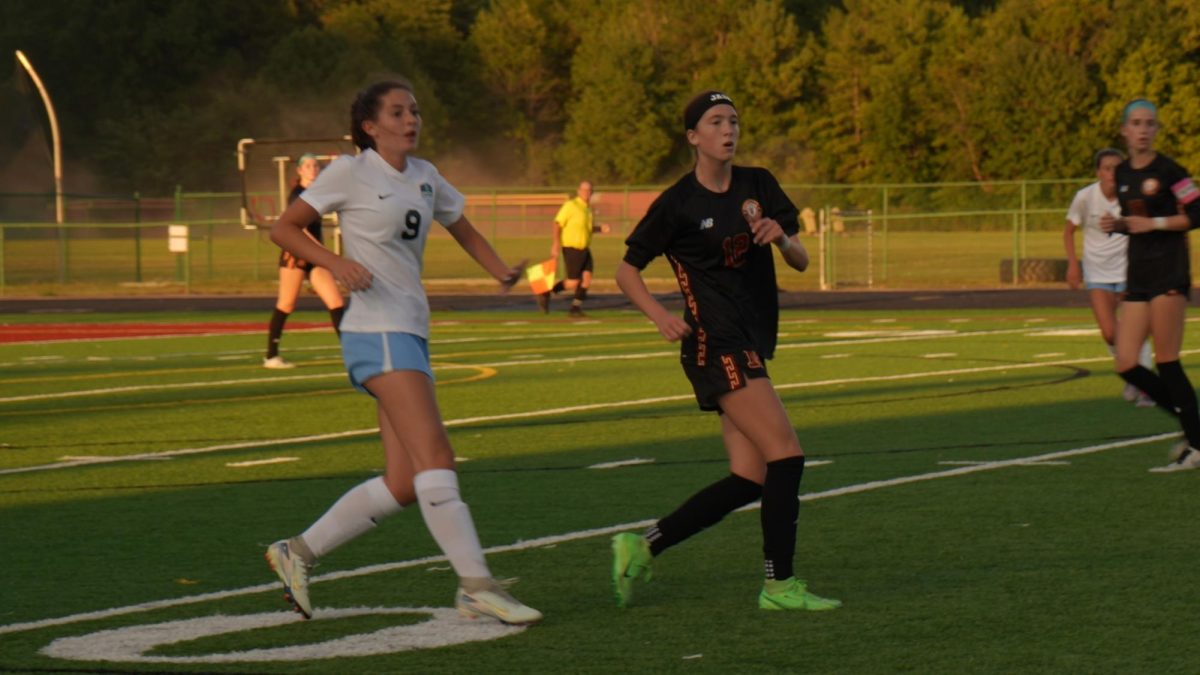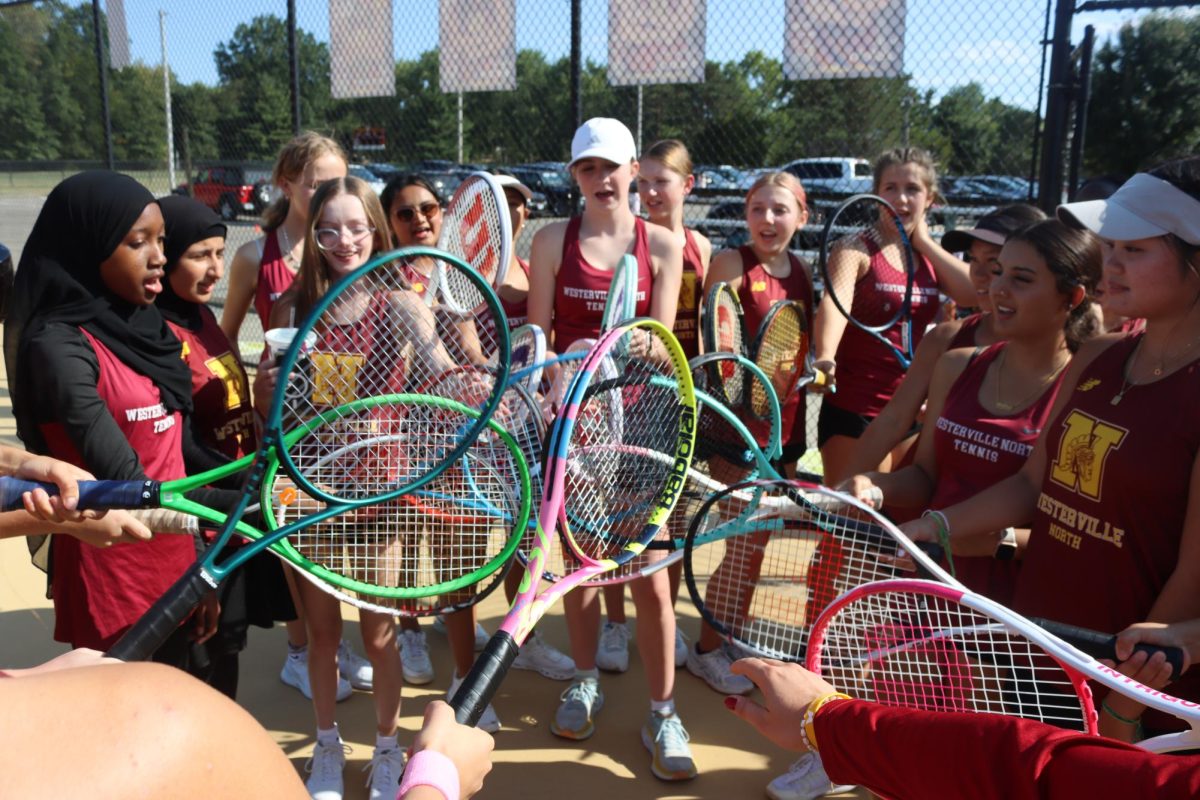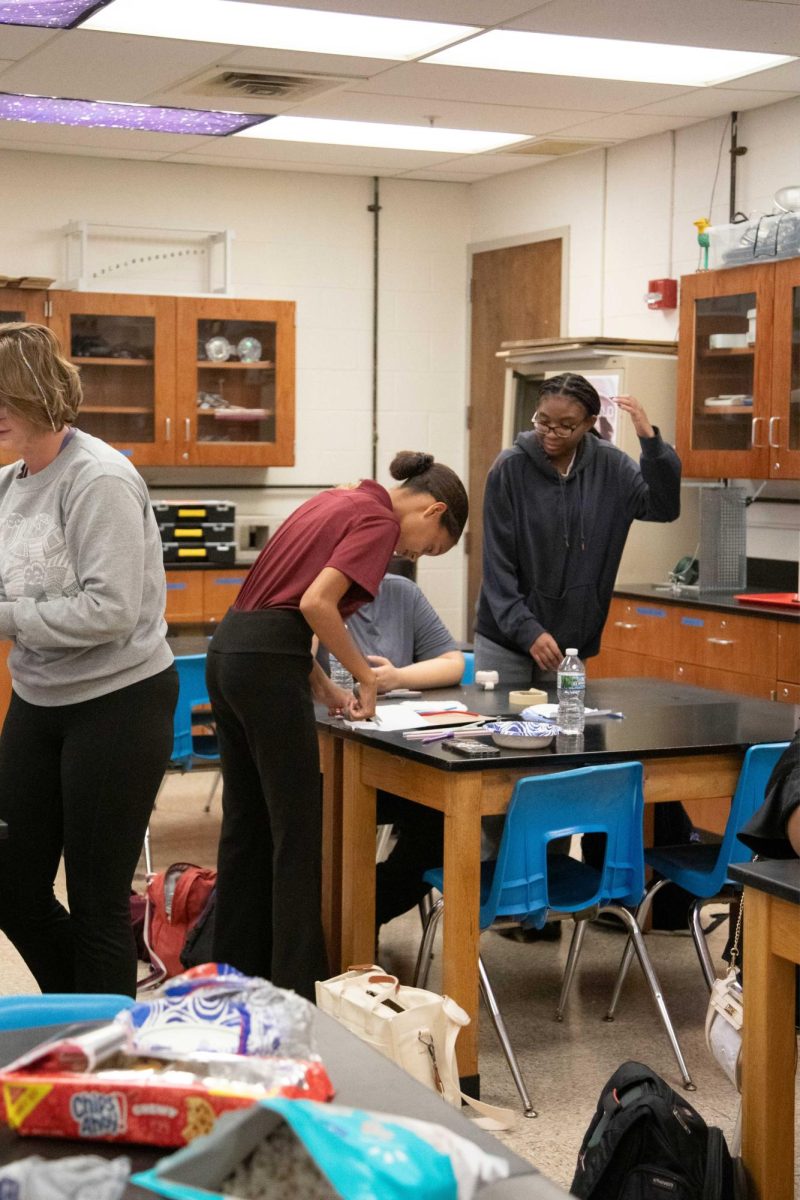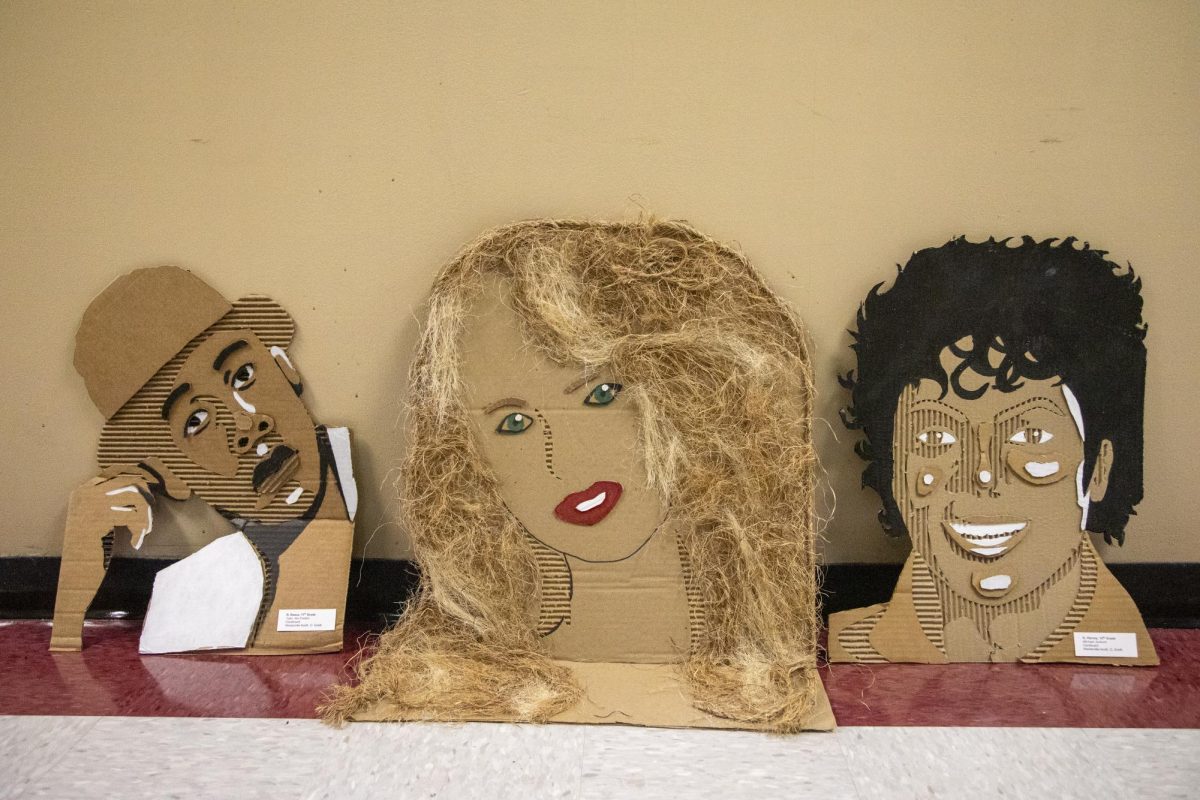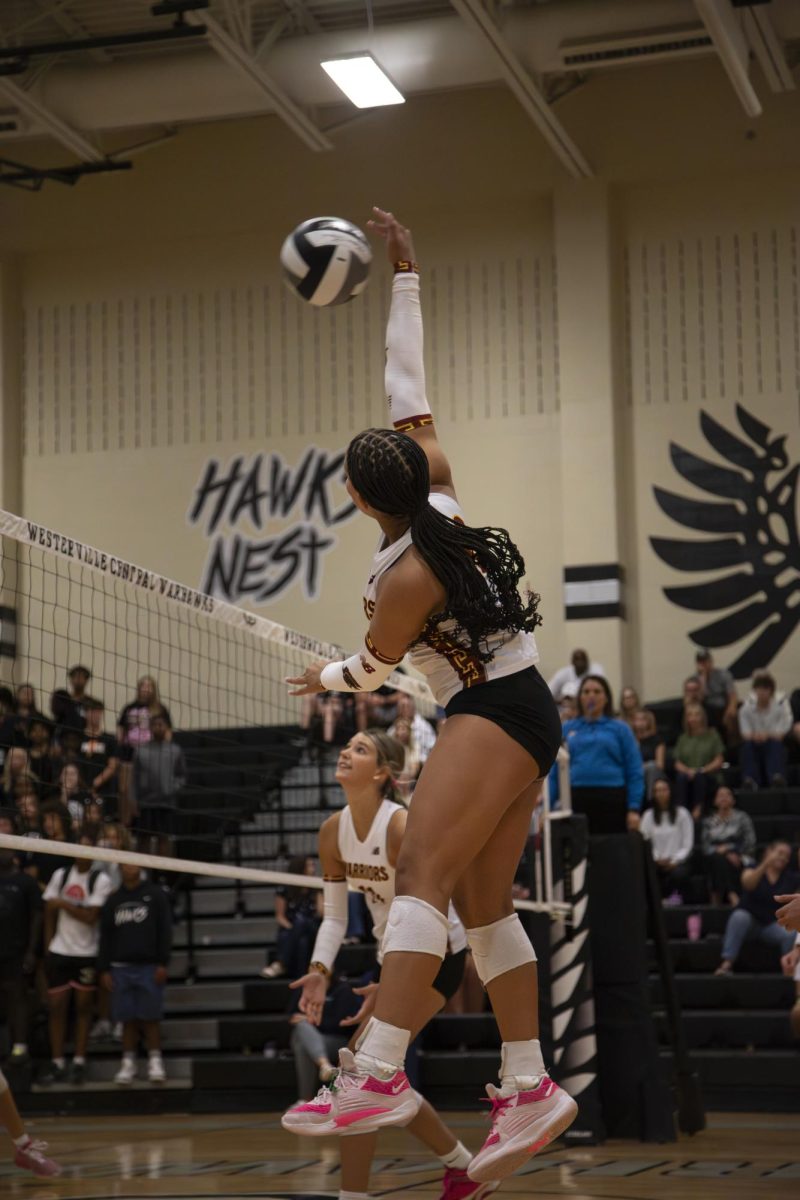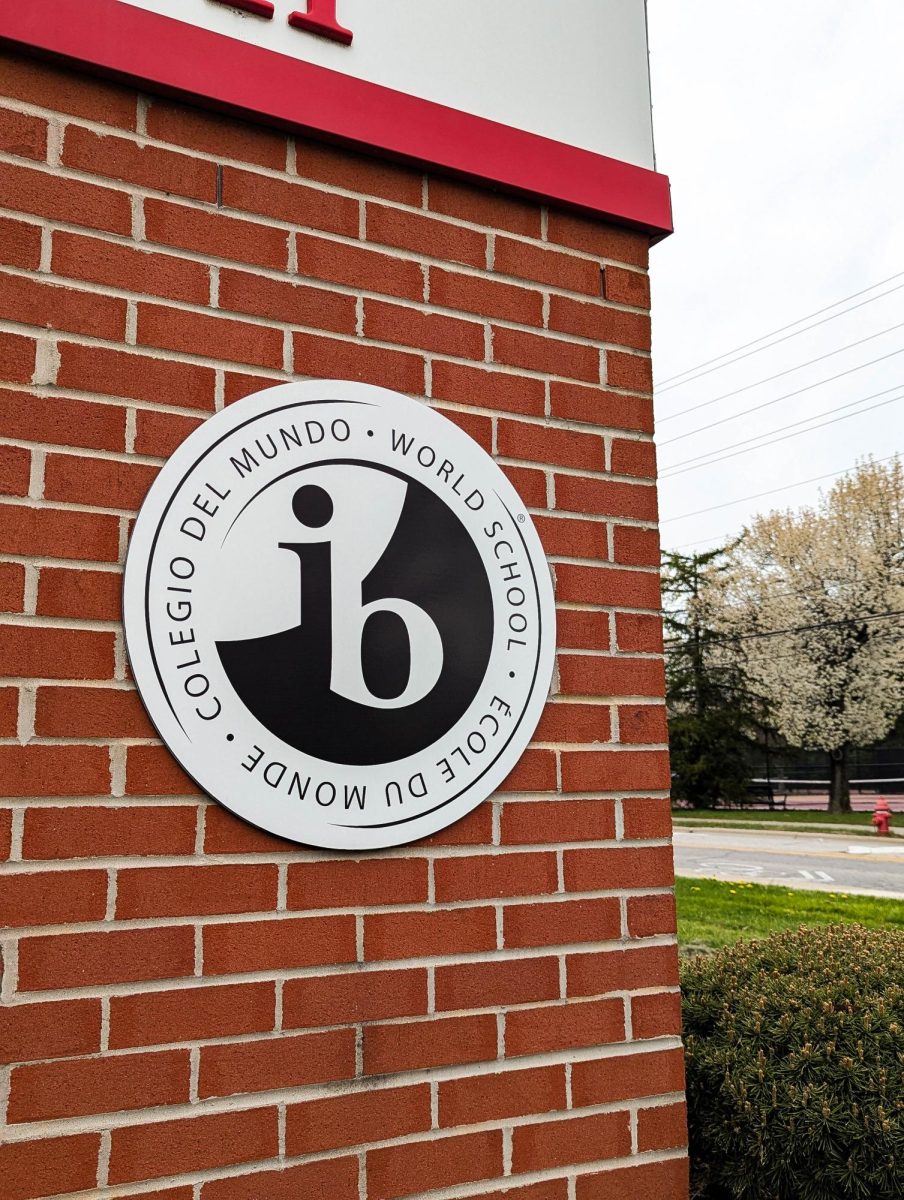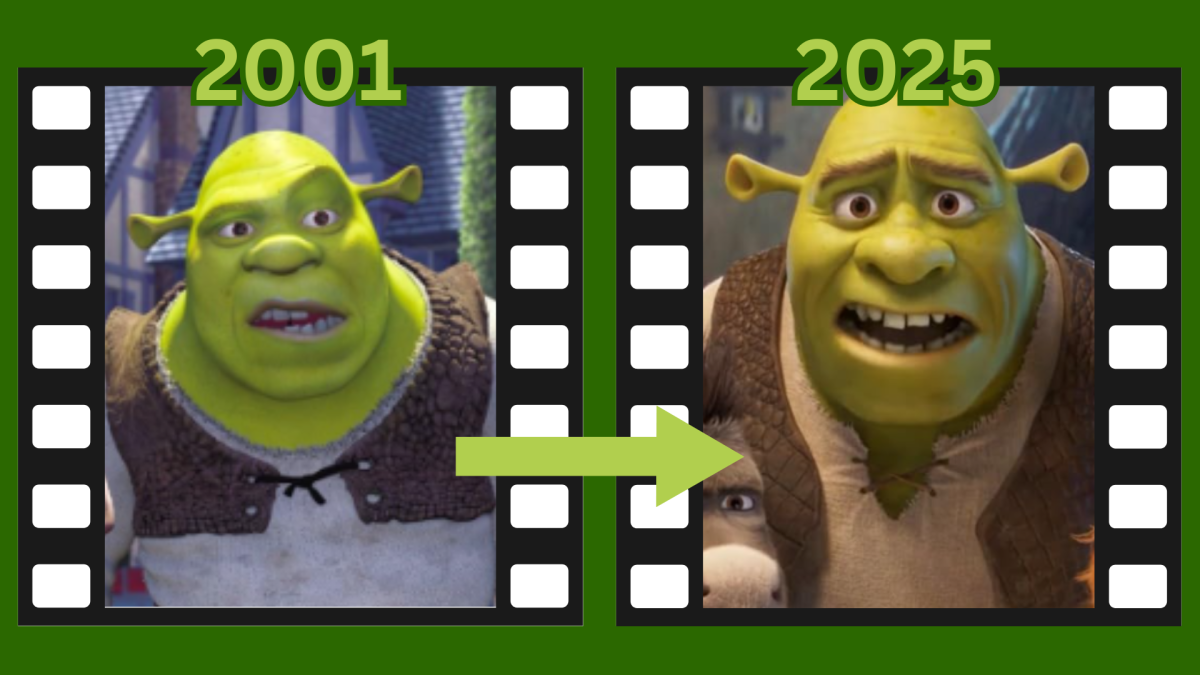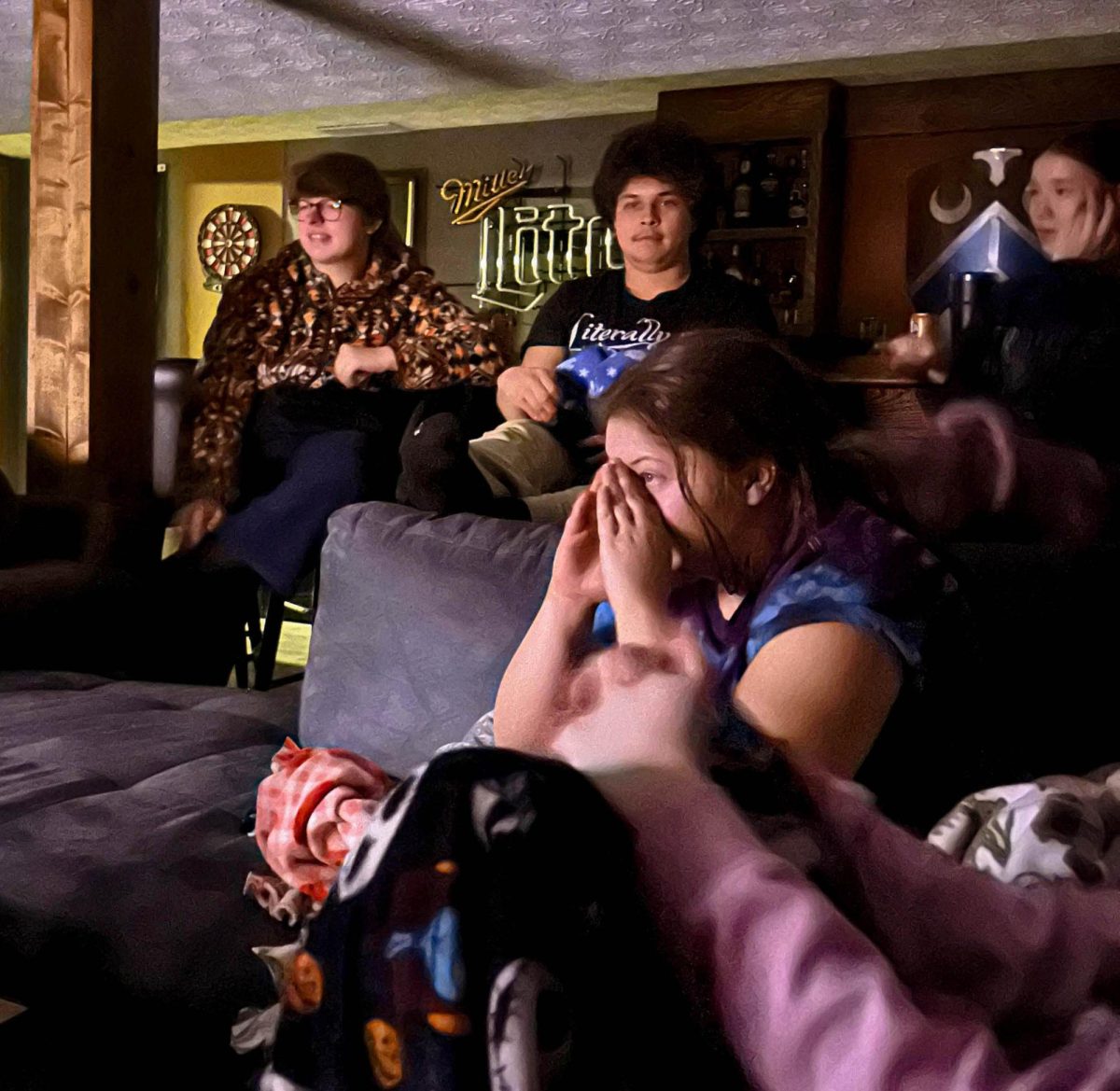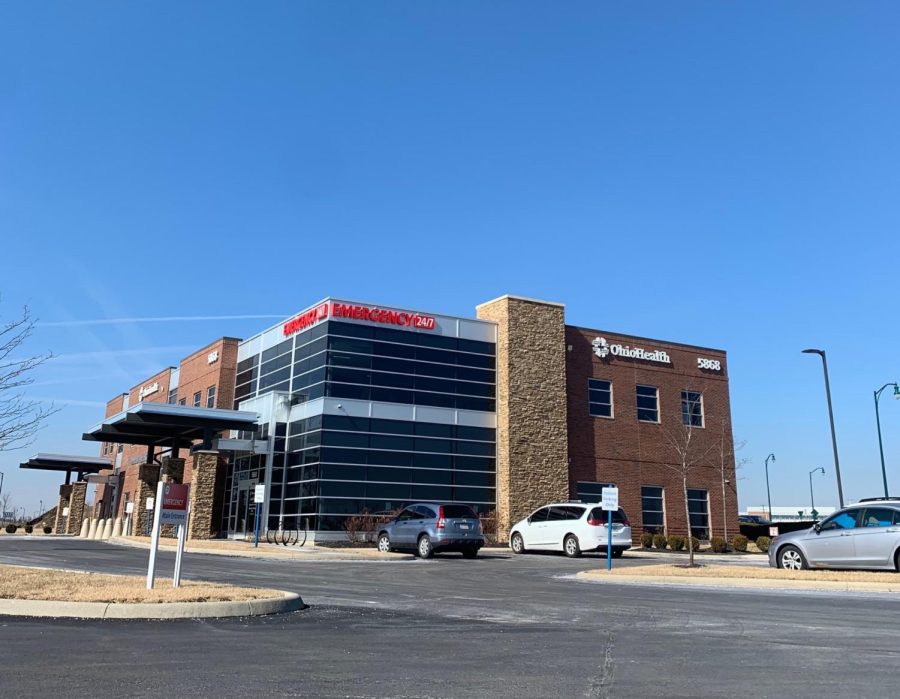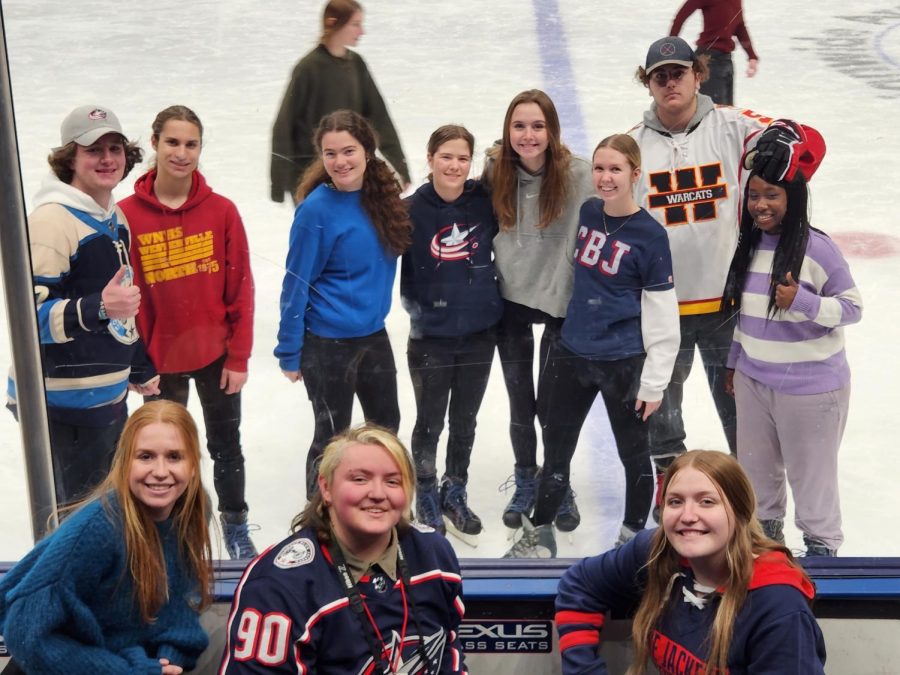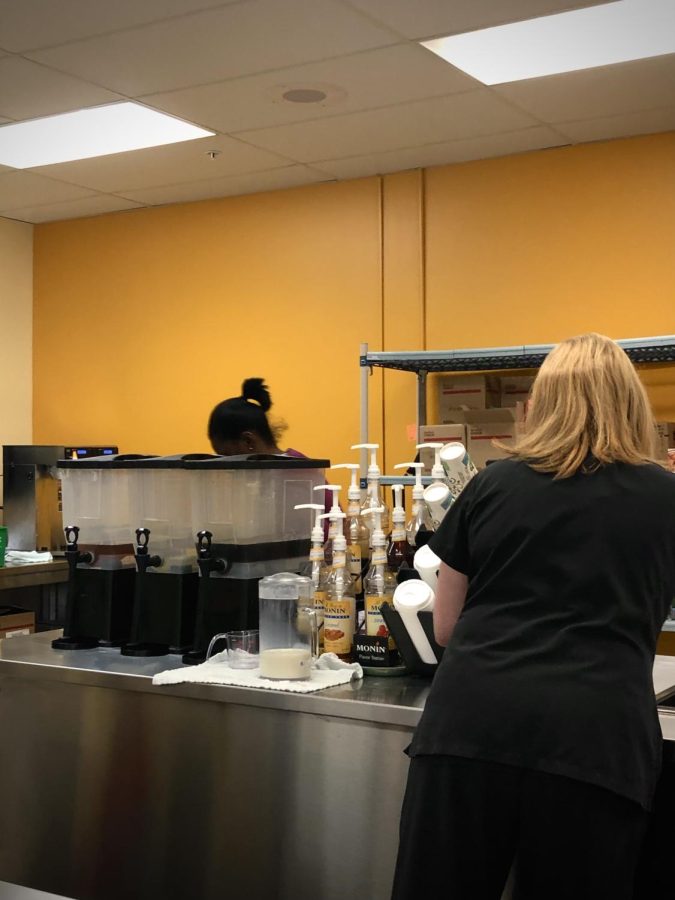During the last two years, medical workers have found themselves in an impossible situation, being overwhelmed and understaffed. It’s been an incredibly stressful time for the medical community, but most medical workers have persevered. They’ve shown up in important ways, and have done the work that was asked of them and more. What makes them do this though? How do they find motivation, and keep themselves healthy and optimistic when there is seemingly no end in sight?
For Christy McKinley, a nurse practitioner at Ohio Health, she’s found motivation in the connections she has made in her workplace.
“Part of what got me through the last two years is the bond that medical professionals have when they work together,” McKinley said.
For her, connection in the medical field has been crucial. Having the ability to work with people and lean on them has been huge for many medical professionals not just for the last two years, but for so much longer than that.
“We end up going through really tough situations together. The bond that we create between us is unlike anything I’ve felt or seen,” McKinley said.
Mike Perry, pediatrician at Central Ohio Primary Care, also touched on the importance of connection, explaining a medical staff must learn and adapt together.
“The fact that we have a superstar staff around us at our office has helped that to happen. Life is about curveballs, life isn’t about status quo,” Perry said.
As this time has been hard for everyone, it’s been incredibly important for people to take care of themselves, both physically and mentally. Alex Ross, student teacher at North and information desk worker at the Ohio State Wexner Medical Center, had his own way of sharpening his mind over the last two years.
“Mentally I took care of myself by delving deeper into music. I play [several instruments], so delving into those instruments more is how I dealt with it mentally. It gave me a distraction and it allowed me to be productive,” Ross said.
Ross hopes to take his love of music further into his work in the medical field. He has a music degree, and currently works with North students in both choir and orchestra.
“I want to stay connected in the medical field. I could go into music therapy after getting additional licensing. I could help different patients with different physical limitations they might have,” Ross said.
Perry agrees on the importance of hobbies outside of the workplace. “I think having something positive away from work has been critical, it ensures that you’re not just always thinking about what’s going on in the workday,” Perry said. Having these distractions is crucial, and provides an escape for medical workers, allowing them to step back from their duties in their field.
Covid has been incredibly hard on everyone. For medical workers, so much has been asked of them with very little gratitude or thanks.
“I think hospital staffers and medical workers are working really really hard right now. They’re overwhelmed, and they’re underpaid,” McKinley said. “Anytime you can thank a healthcare worker, that’s the biggest thing, we go under thanked all the time.”
Perry also touched on this given his perspective as a pediatrician. Although he still works in the medical field, he offers a different look, as pediatricians work primarily with children.
“Most people talk about what the hospital workers or the ICU workers do. I don’t know that there’s a lot of direct talk about how primary care offices are impacted.” Perry said.
Covid has hurt the entire healthcare field, far beyond just hospital workers. However, many medical workers have found a silver lining to their circumstances. Taking that step back to look at the bigger picture of the importance of what they’re doing for people has been a great way to help their motivation.
“Being able to have individuals come in… gives us a purpose, because now we can help them.” Ross said. “When I’m at the information desk, I’m giving them directions and guiding them to where they need to go, as well as helping them with any other social issues they might have. It empowers me and makes me feel really good inside to be able to help them.”
While Ross found a silver lining at his work, McKinley was able to find it outside of her workplace, with family and friends.
“We’ve created family rituals at home that we do,” McKinley said. “We’ll have a family movie night outside. Having intentional nights where the family and friends can be together and can form connections outside. Outside has been our go to to create distance and a welcoming environment.”
Medical workers haven’t had it easy, but they’ve been able to find ways to make important connections, find healthy and productive hobbies, and take care of themselves while still maintaining their motivation to take care of others.
While it’s important to highlight the importance of the work that medical workers do, they aren’t alone in this difficult time. It’s important for people to continue moving forward.
“We’re in a very difficult time, so keep trust in yourself and trust in those that are around you to keep you motivated and keep you going in such a difficult time,” Ross said.


